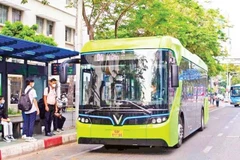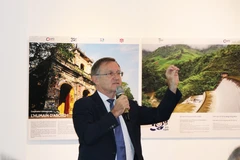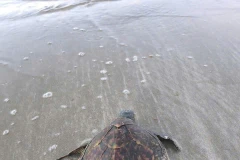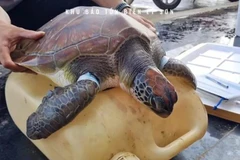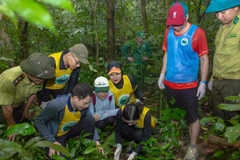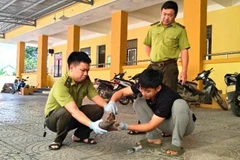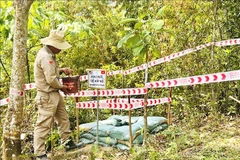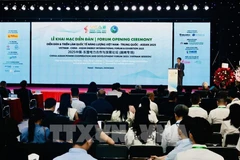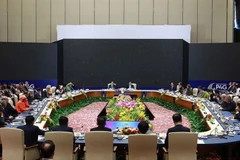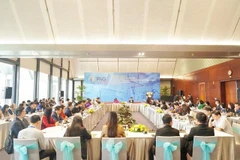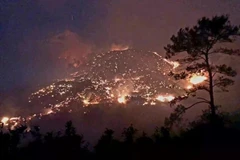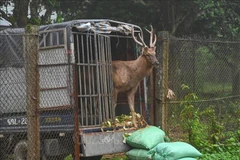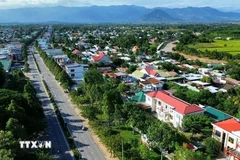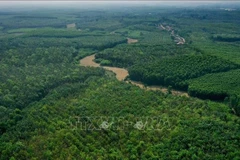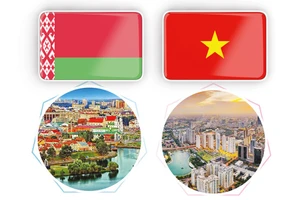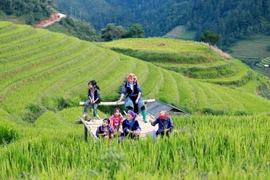And the more impressive feature of the move is that funds forthe project are contributed by residents who once threw their emptypesticide containers in the paddy fields, like many other farmersthroughout Vietnam .
"Farmers did not know thatthe chemicals remaining in the bottles can pollute both air and waterwhich will cause them cancer and other dangerous diseases," said thedirector of the provincial Department of Plant Protection, Le Toan.
So they were not impressed when Thai Ninh authorities cameup with the idea of building the incinerator, Toan said.
In October 2007, the People's Committee in the commune asked the localmedical clinic to build a pilot incinerator in Residential Quarter 3 todestroy discarded containers.
The model workedeffectively, laying the groundwork for the commune to expand it.
By May last year, with money collected from residents, thecommune built a total 14 incinerators.
The locationof the incinerators is far from residents' homes and convenient to use.Local health-care workers are responsible for the burning.
"The incinerators have helped change farmers' attitude aboutenvironment protection," Toan said.
Each incineratoris 80cm high and 90cm wide and cost 400,000 VND (21 USD), said Toan.
Meanwhile, residents in Voi Town in Lang Giangdistrict in the northern province of Bac Giang are alsoenthusiastically protecting the environment.
Thealmost 6,000 residents of nine villages in the town used to throwrubbish away along country lanes that caused serious health and visualpollution.
To improve the situation, in 2000, thetown's People's Committee founded a rubbish collecting team with sevenworkers.
The team collects rubbish on roads and fromall households in the town at 7am and 4pm every two days.
Each worker on the team gets an income of 1 million VND (53 USD) amonth, which is contributed by the households in the town.
In another case, Dai Dong Commune in Thach That district on theoutskirts of Hanoi has become a model of rubbish collection - andsorting.
In December last year, the districtexpanded a pilot project of separating rubbish, like in many Westerncountries. Each family in the commune was given two rubbish bins tocontain organic rubbish (food) and inorganic rubbish (glass, plastic,paper).
A steering committee was set up to showresidents how to separate rubbish, said chairman of the commune People'sCommittee Khuat Duy Hai.
The commune also organises13 rubbish collecting teams with 35 members, who act as promoters forthe scheme and mobilise locals to maintain the practice of separatingrubbish. Deputy Chairwoman of the commune's Women's Association NguyenThi Dao said, "I totally believe that the project will be maintained andthe residents will become more and more aware about protecting theenvironment."/.
